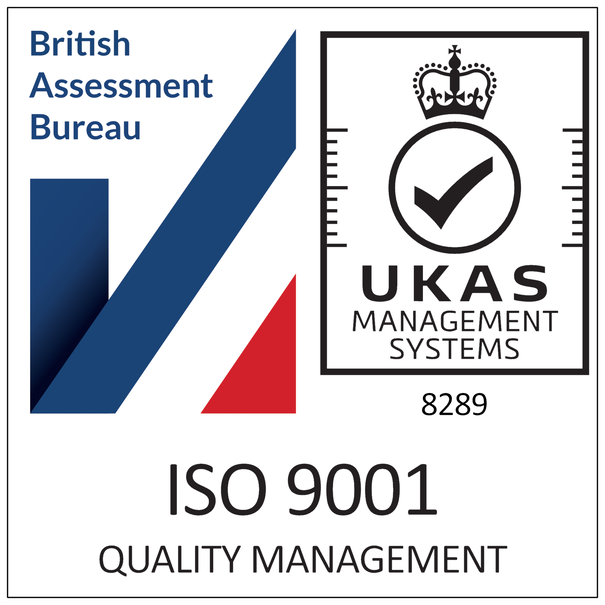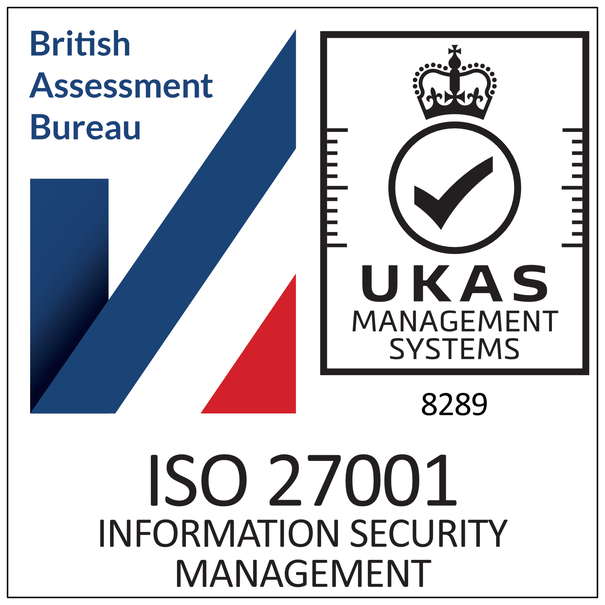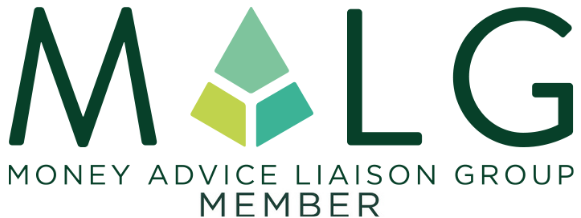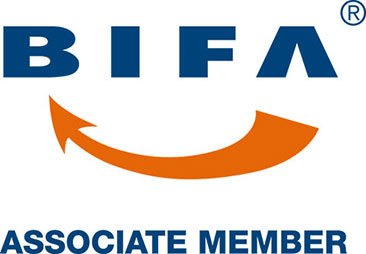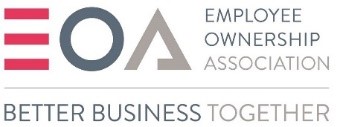
There has been a 24.5% increase in unpaid invoices in the UK since the pandemic was declared.Covid-19 world pandemic was declared on 11th March, with UK lockdown on 23rd March – leaving many businesses no option but to close their doors, scale down their services or move to remote working environments.
Prior to ‘Lockdown’ overdue invoices – invoices that were 10 days + past their due date - stood at 30.4% of all invoices. That figure – 13 weeks following lockdown is no at 37.99% - an increase of 24.5% with the highest rates of unpaid invoices affecting the finance, insurance, IT and communications (60%); and leisure and hospitality (55%) sectors.
The good news for businesses is that this figure peaked at the beginning of May at 43% when businesses were striving to save cash. And now, with many businesses returning to some sense of normality and many ready to make purchases again – we are beginning to see those figures drop.
This follows the pattern of many of our European neighbours – Italy saw an increase of 50% during the pandemic, with this figure falling to 19.5% at the end of May. The Netherlands has seen the least impact – having gone into lockdown with an average of 15.5% of overdue invoices, this rose to 19.3% at the start of May and settled back down to 18.2% by the start of June. No doubt this will continue to improve.
The UK has experienced the poorest performance in relation to payment trends; our starting figure for overdue payments was much higher than that of France, Germany, Italy, Netherlands and Spain. Although the figure peaked at the beginning of May, it was still tracking at around 38% at the beginning of June. But even before lockdown, we struggling with overdue payments.
Sidetrade, who has been conducting the study – analysing 26 million invoices, €54 billion B2B transactions and 3.7 million of buyers/companies across the UK, Spain, Germany, Italy and the Netherlands – found that the UK was at a disadvantage due to not embracing advances in technology. Only 5% of UK companies automate their credit management processes, in the Netherlands, 75% of companies use this technology.
Rob Harvey, global head of sales operations at Sidetrade in an interview with Euromoney, commented “We find that there is a lot more autonomy at the operational level around credit management at companies in the Netherlands, where finance executives can invest in the technology needed to fix problems like late payment. In the UK, by contrast, those technology investment decisions are taken at a much higher level within organizations, where finance operational teams may not have had much voice.”
Rob Harvey, global head of sales operations at Sidetrade in an interview with Euromoney, commented “We find that there is a lot more autonomy at the operational level around credit management at companies in the Netherlands, where finance executives can invest in the technology needed to fix problems like late payment. In the UK, by contrast, those technology investment decisions are taken at a much higher level within organizations, where finance operational teams may not have had much voice.”
It is now estimated that 500,000 SMEs are in financial difficulty and it may only take one customer to go insolvent before settling outstanding invoices to create a domino effect of small business closures. Economists are appealing to SMEs to act quickly on overdue invoices in order to protect themselves as well as the British economy.
Controlaccount provides a range of credit management services to support SMEs and multinationals. For more information, call 01527 549522 or email sales@controlaccount.com





